What's the worst that can happen?
During our conversation, I asked Ruben whether having a daughter right around starting a company made him more concerned about earning enough of an income.
He said he was actually quite calm about it. "What's the worst that could happen? I know IT, people need people that know IT. If I really needed to for the money, I could always get a job."
Now, not everyone has this specific luxury. Fear that things could go wrong keeps us from acting.
When you notice that in yourself, an interesting exercise to do is to ask yourself "and then what?" multiple times.
Why don't you launch that new product? Or why don't you share how you actually feel with your client?
Because I'm scared it will fail. Because I'm scared of how they'll react.
And then what?
I fear being judged. Or I fear angering the other. And then what? Damage to reputation. And then what? No more revenue. And then what? I'll be broke. And then what? I'll end up living on the street. And then what? I'll die all alone.
Now, all steps involve real fears. But at some point, the perceived consequences stopped being realistic.
The trick is to - for that last step that was still realistic - create a plan to minimize the damage when it indeed goes wrong. Or find a way to circumvent it altogether.
With a fallback plan in hand for something that can actually go wrong, you're much more secure. Go!
(I got this exercise from Leslie Ehm on The Unmistakable Creative Podcast)
During our conversation, Ruben and I talked about getting clients to give you the seed capital for you business and delivering on the promise; about implementing Holacracy in the company and whether or not he can still put his stamp on the organisation; and about when you play the game you still want to win, even when you would like to change the game itself.
